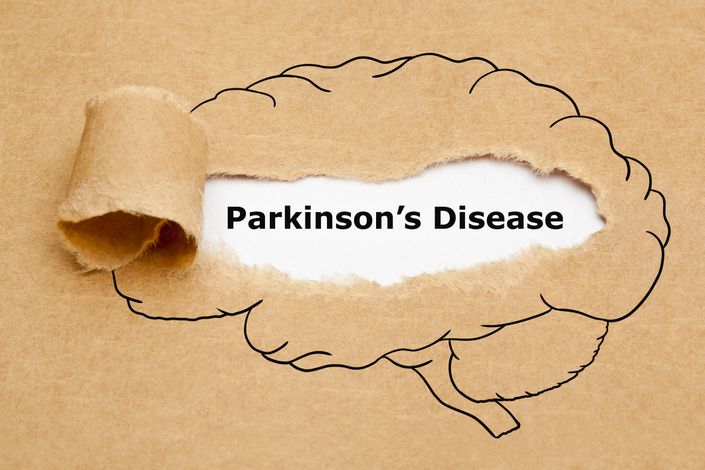
Too often, people are told at diagnosis that this is an irreversible and progressive disease and that they should prepare themselves for inevitable degeneration. They aren't told about the profound variability seen in PD, for instance, that some people are thriving 20 years after diagnosis! They aren't told that the amount and type of exercise you do will shape the rate this disease progresses. They aren't told to avoid fried foods and dairy, or to increase fruits and fish. Patients are often prescribed medications without fully understanding the goals and risks of those medications.
In this course, I'll summarize the information that I think every newly diagnosed patent should be told at diagnosis. We'll talk about how to think about this diagnosis, how to talk to your family, when to tell your community, when and how to start medications. There is nothing radical here-- just the information most neurologists don't have the time to go over in clinic.
I'll do my best to convince you that this disease is tremendously modifiable and that the decisions you make each day will influence the shape you find yourself in a decade or two from now. Welcome!
"Great lesson! This lesson for sure should be a must do for patients, care givers and the medical community."
"As I listen to all these videos, the thing screaming in my mind is that EVERYONE with PD needs to watch these as well as all providers that deal with PD in any manner. So much good information."
"Thank you so much for making this accessible and easily digested!'
"This video spoke to me. Thank you so much."
"Wonderful introductory sessions. Thanks Laurie. Feel privileged to be part of this knowledge gathering."
Your Instructor

Laurie Mischley studied naturopathic medicine (ND) at Bastyr University and epidemiology (MPH) and nutritional sciences (PhD) at the University of Washington. Her work is focused on identifying the nutritional requirements unique to individuals with neurodegenerative diseases. She has published on coenzyme Q10, lithium, and glutathione deficiency in Parkinson’s Disease (PD).
For the past decade, she has been lead investigator of the Modifiable Variables in Parkinsonism (MVP) Study (www.MVP-Study.com), a global observational study designed to describe the secret(s) to success in a real-world population.
She has maintained a clinical practice in Seattle for over two decades, caring for thousands of patients with Parkinsonism.
Course Curriculum
-
StartDiagnosis (5:33)
-
StartDopamine Replacement (3:45)
-
StartParkinsonism vs. Parkinson's Disease (4:53)
-
StartSymptom Management vs. Disease Progression (4:02)
-
StartTaking Inventory (5:01)
-
StartTracking Symptoms (3:09)
-
StartVocabulary (12:10)
-
StartSetting Expectations (3:56)
-
StartLearning from Patients (4:54)
-
StartCommunity Support & Resources (4:57)
-
StartBuilding Your Team (5:37)
-
StartExperiments & Research (10:46)
-
StartNutrition (7:31)
-
StartMindfulness & Summary (6:30)
-
StartSlides
-
StartNew Lecture
